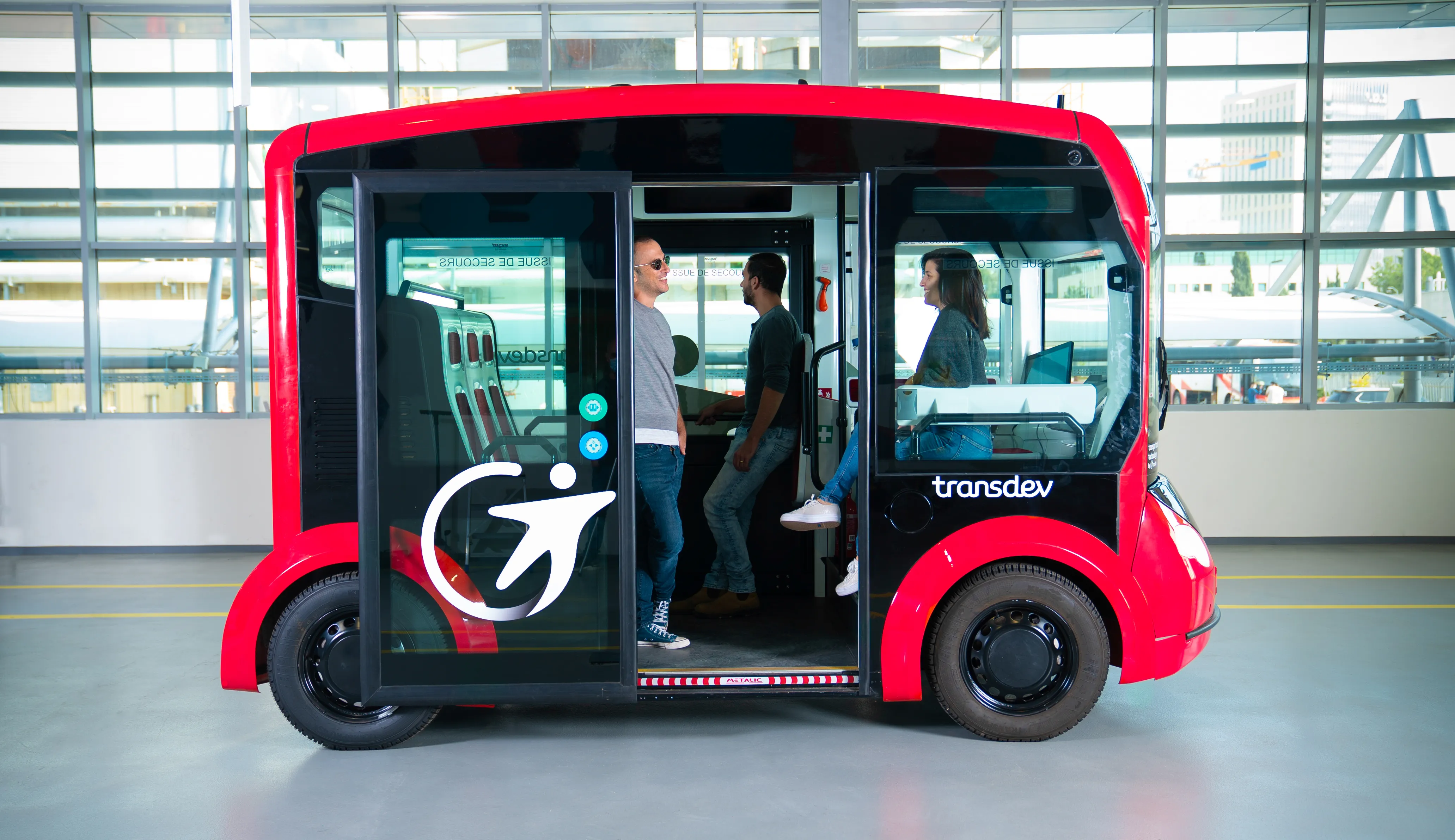Norwegian agriculture firm, Yara International and guidance systems builder, Kongsberg Gruppen are to develop the Yara Birkeland, an autonomous and fully-electric container ship. They claim the new vessel will reduce NOx and CO2 emissions and improve road safety by removing up to 40,000 truck journeys in populated urban areas. Yara Birkeland will initially operate as a manned vessel, moving to remote operation in 2019 and expected to be capable of performing fully autonomous operations from 2020. Kongsberg
July 25, 2017
Read time: 1 min
Norwegian agriculture firm, Yara International and guidance systems builder, Kongsberg Gruppen are to develop the Yara Birkeland, an autonomous and fully-electric container ship.
They claim the new vessel will reduce NOx and CO2 emissions and improve road safety by removing up to 40,000 truck journeys in populated urban areas.
Yara Birkeland will initially operate as a manned vessel, moving to remote operation in 2019 and expected to be capable of performing fully autonomous operations from 2020.
Kongsberg is responsible for development and delivery of all key enabling technologies on vessel, including the sensors and integration required for remote and autonomous operations, as well as the electric drive, battery and propulsion control systems.
Operation is planned to start in the latter half of 2018, shipping products from Yara's Porsgrunn production plant to Brevik and Larvik in Norway.









